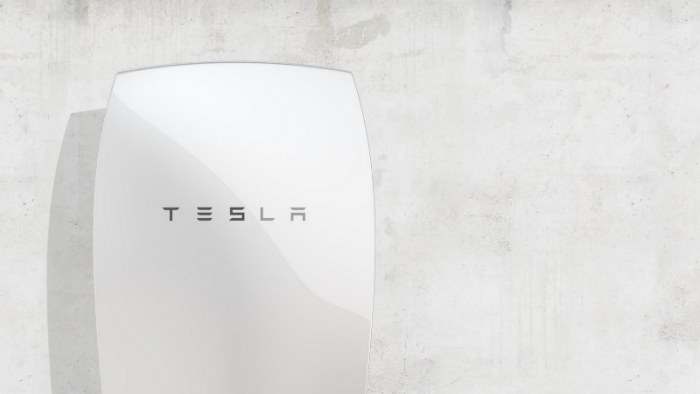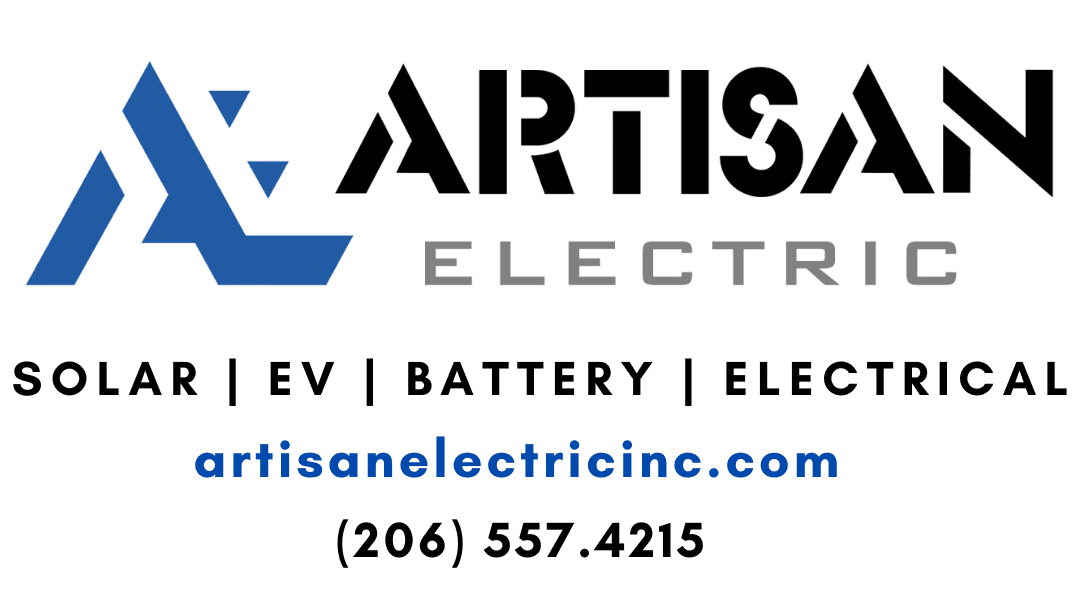When the lights go out, is solar a viable backup solution? Absolutely!
Solar is an excellent resource not only for everyday power but also for backup power. The sun shines reliably every  day—even when a disaster has shut down other sources of power. Even on those dark and stormy days, even when we can’t see it, solar power is being generated—and can be stored for use when the sun goes down (and the power goes out).
day—even when a disaster has shut down other sources of power. Even on those dark and stormy days, even when we can’t see it, solar power is being generated—and can be stored for use when the sun goes down (and the power goes out).
It’s true that most solar systems currently being installed are grid-tied systems—in other words, any excess power generated over and above what your home or building consumes goes back into the grid rather than being stored in batteries. However, that is changing as the industry and consumers recognize the enormous potential for storing the sun’s unlimited energy.
Many industry players are working aggressively to bring the price of battery storage down to a level that is affordable. A major advocate for this is Elon Musk, the founder of Tesla Motors. As you might recall, Tesla recently announced the release of a battery backup system called the PowerWall in both a 10-kWh and 7-kWh configuration.
 The PowerWall gives users the flexibility to store surplus solar energy when it’s generated, then later draw that energy from their own solar reserves. The battery pack hangs on your garage wall, and connects to your solar inverter via software.
The PowerWall gives users the flexibility to store surplus solar energy when it’s generated, then later draw that energy from their own solar reserves. The battery pack hangs on your garage wall, and connects to your solar inverter via software.
Batteries like this offer potential to extend a solar system from just a day-to-day power supply to a viable backup system that offers some peace of mind.
One PowerWall will run one of two circuits in your home for (say, lights and refrigerator). You can stack them to get more power, so as prices go down over time, you can add more coverage affordably.
More robust (and also more complex and expensive) battery backup systems such as the Outback Radian will produce enough power to run critical loads in your house for a few days, even in winter.
Solar as a backup power source has many advantages:
- You get to use your investment everyday, not just when the power goes out.
- There are no messy, toxic, dangerous fuels to store or replenish over time.
- There’s no routine maintenance necessary to remove or burn and replace spent fuel.
Imagine that in the event of a power outage due to inclement weather or a major disaster, you could count on the most reliable source of power—the sun—without fail! There’s no public power source that’s as dependable.
In the event that “the Big, Big One” (the 9.0 earthquake for which Seattle is overdue, based on some pretty compelling science) Sure, it’s possible that in some highly-impacted locations, homes could be affected such that solar array itself is . But your solar system’s certainly got better odds than your diesel generator! If your system survives the shaking, you’re set—the sun won’t run out. Diesel will (if it doesn’t spill everywhere and start a fire first!)
In addition to the clean, reliable advantages of solar as a backup power source, consider these disadvantages of conventional emergency power backup solutions:
Diesel and gasoline generators provide a limited amount of power (depending upon the size of the generator)—and only for as long as the fuel source remains available. In the event of a widespread and/or long-term power outage, replenishing fuel could be difficult if not impossible.
One of the trickiest challenges with diesel and gasoline generators is fuel storage. Fuel degrades over time, requiring it to be used and/or replenished. This means that periodically the homeowner or building manager must fire up the system to burn through the fuel, and then replenish it—which is wasteful, toxic and costly.
In addition, storing highly volatile fuel in a home or commercial storage area can present a real safety concern. In the event of an emergency such as an earthquake, spillage creates a significant fire risk.
Since their fuel supply is fed by a public utility, natural gas generators eliminate the spillage risks presented by diesel and gasoline. The downside, of course, is that if the natural gas supply is interrupted—which is extremely possible/likely in a serious emergency or major disaster—that generator is rendered useless.
A backup generator—as well as the fuel that needs to be cycled through it—is fairly expensive. And since it only serves one purpose (whose time may or may not come), it’s a large price to pay for something you may never use.
Conversely, solar paired with a battery storage solution is clean, safe, efficient, and cost-effective. Best of all, you get to use it, enjoy it and make a difference with it every day—AND it’s there for you in an emergency.
